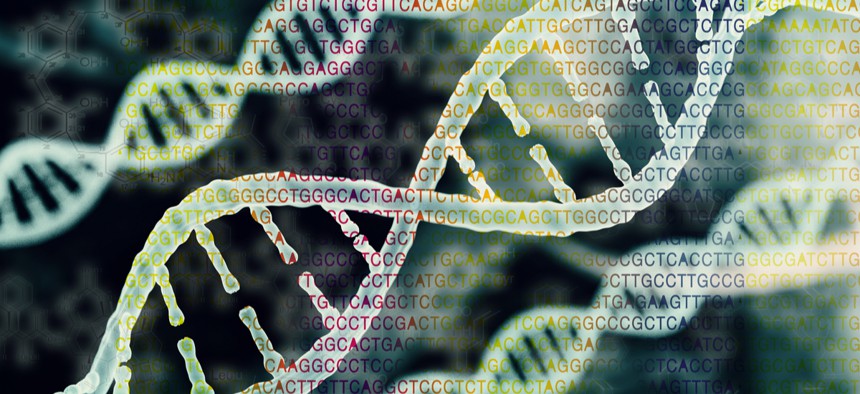23andMe and Other Genetic Testing Companies Release Guideline on How to Handle DNA Data

CI Photos/Shutterstock.com
This set of best practices doesn't guarantee privacy, though.
Genetic testing companies have risen in popularity, thanks to millions of customers wanting to know more about their family history and health. These people have voluntarily given their genetic data, and this has raised some major concerns about privacy.
In response to these concerns, notable genetic testing companies 23andMe, Ancestry, Helix, MyHeritage and Habit have joined forces and this week released a set of guidelines which they've called Privacy Best Practices for Consumer Genetic Testing Services.
Among the guidelines include a commitment to transparency, as well as an agreement that the companies will get specific consent from users before they share their DNA with third parties. The guidelines also stipulate that consumers have the right to delete their data and can ban the companies from sharing their DNA data with law enforcement agencies and insurance companies.
The announcement follows the news that last week, 23AndMe signed a deal with pharmaceutical giant GlaxoSmithKline to give them access to genetic data. GSK will use this data to develop drug treatments for conditions like Parkinson's Disease.
This is only a set of best practices, however. While these companies have said they will adhere to them, there is no guarantee that they will.






